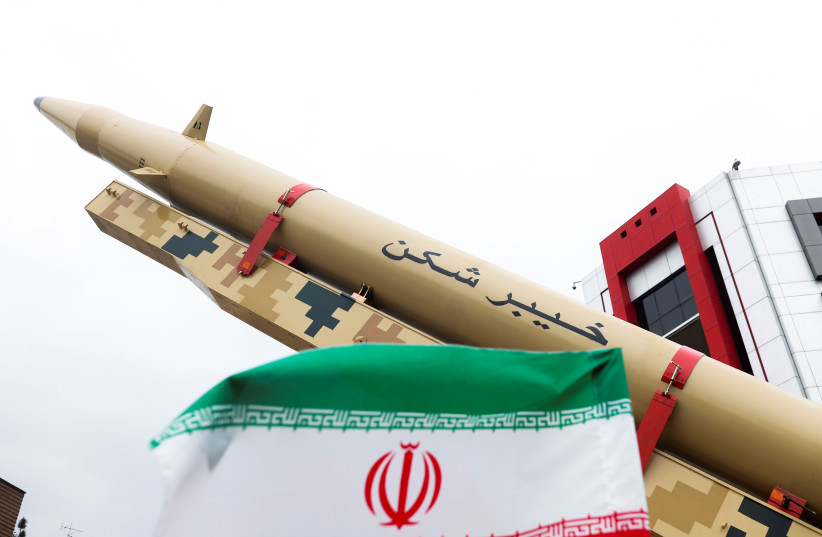WASHINGTON – The US State Department announced over the weekend that a senior government delegation will travel to Saudi Arabia to participate in the US-Gulf Cooperation Council (GCC) Working Group meetings from Monday through Thursday.
“The three Working Group meetings will focus on three priority sets: Integrated Air and Missile Defense and Maritime Security, Iran, and Counterterrorism,” the State Department said.
According to the announcement, the delegation will convene in Riyadh – which hosts the GCC Secretariat’s headquarters – with representatives from the GCC member states’ governments and the Secretariat to discuss shared priorities.
What will the delegation discuss in Riyadh?
“The US delegation will be led by Special Envoy for Iran Rob Malley, Acting Coordinator for Counterterrorism and Acting US Special Envoy for the Global Coalition to Defeat ISIS Christopher Landberg, Deputy Assistant Secretary of State for Arabian Peninsula Affairs Daniel Benaim, and Deputy Assistant Secretary of Defense for the Middle East Dana Stroul,” the statement reads. “They will be accompanied by other senior civilian and military leaders. These meetings demonstrate the United States’ and GCC members shared commitment to advancing regional security and stability through cooperation across a range of issues.”
John Hannah, Randi and Charles Wax Senior Fellow at JINSA, explained that as far back as 2015, in the context of the Iran nuclear deal, “the Obama administration sought to reassure nervous Gulf Arab partners by establishing a US-GCC Strategic Partnership, with multiple working groups concerned with issues like air and missile defense and counterterrorism.”

“The Biden administration has tried to reinvigorate that process, which now includes maritime security and the Iranian threat as well.”
John Hannah
“The Biden administration has tried to reinvigorate that process, which now includes maritime security and the Iranian threat as well,” said Hannah. “US-GCC security working groups met several times in 2021 and 2022. Depending on the issue of concern, the specific group might naturally be led by the State Department, the Pentagon, or both. For example, bureaucratically in Washington, State has the lead on counterterrorism and Iran policy, while the Department of Defense naturally would lead on issues of missile defense and maritime security. In that sense, this upcoming gathering is not particularly unique or unusual.”
What sets it apart, however, is the fact that it was originally supposed to happen last October, “but got canceled due to US anger over the Saudi-led decision by OPEC+ to cut oil production by 2 million barrels per day—against President Biden’s request that they delay such a decision till after the US midterm elections,” Hannah continued.
“In a fit of pique, the administration postponed the US-GCC Strategic Dialogue working groups for 4 months. Those working groups are only now resuming with the hopes of getting this important strategic cooperation fully back on track in light of the growing threat from Iran’s nuclear program, its arsenal of lethal drones and missiles, and the malign activities of the Islamic Republic and its terrorist proxies across the Middle East.”
